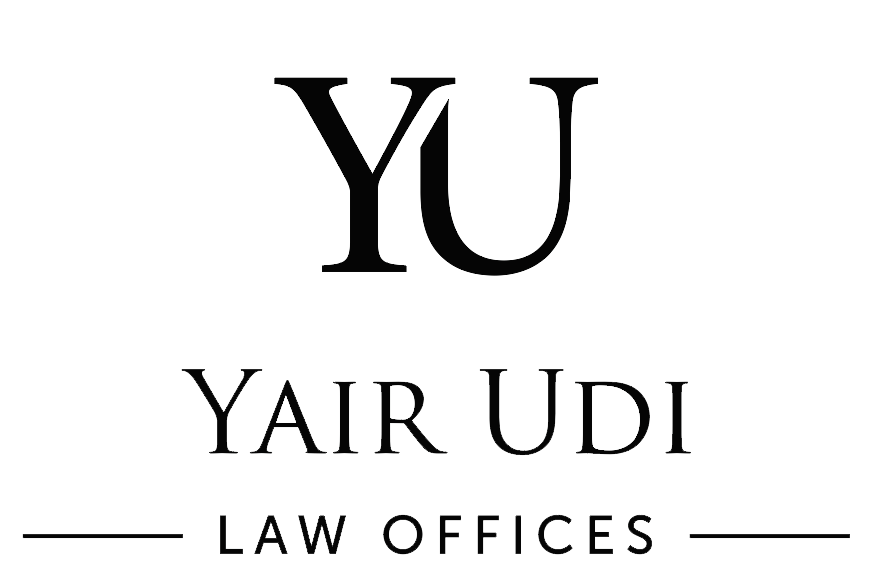Introduction:
In May 16, 2023, ~10 years after the first SAFE was signed, the Israeli Tax Authority (ITA) has issued guidelines regarding the tax implications of investing in companies through Simple Agreements for Future Equity (SAFE).
The guidelines were prompted by a request from Israel Advanced Technology Industries (IATI), raising concerns for the hi-tech industry, investors, and companies using SAFEs across various sectors. Mainly addressing the high-tech industry, the guidelines lack clarity on the legal basis for the ITA’s authority to determine the applicability of SAFE treatment on other industries.
Background:
SAFE agreements have gained popularity as a means of raising capital for private companies, especially startups. These agreements enable investors to provide funding in exchange for future equity in the company, with share valuation determined at a later stage. The purpose of SAFEs is to defer the valuation discussion until more reliable estimates are available through subsequent financing rounds or liquidity events. The recent guidelines may surprise those who have deviated from the standard SAFE format.
Reasons for Raising Questions:
Traditionally, the ITA considers instruments offering stock-based benefits to investors as taxable and subject to withholding at the time of conversion. This approach views the difference in share price between investors at a priced round and those using convertible securities (CLA, SAFE, AIA, KISS, etc.) as interest income. While investors and companies see the benefit as a discount or hedge (Cap), the risk of interest exposure has always existed in these financing arrangements.
Investment Framework:
The guidelines specifically address investments in the high-tech industry through SAFE agreements. The key criteria for companies falling under this framework include being private Israeli companies engaged in research and development, primarily investing in R&D-based product production or marketing, with a minority of assets in real estate. However, non-tech industries seeking capital through SAFEs are left with uncertainties and confusion due to the guidelines’ narrow focus.
Other Terms:
Additional terms related to the use of SAFEs include a NIS 40 million investment limit per investor, transfer rights subject to company approval, exclusion of SAFE as a loan or debt agreement, conversion mechanisms limited to predetermined processes (e.g., capital raising, IPO, or “exit” events), absence of repayment rights except through share conversion or equivalent returns in case of complete share sale, priority of SAFE investors in liquidation relative to ordinary shareholders but subordinate to the company’s debts, limited refund entitlement to the investment fund only, no obligation for non-shareholder compensation, and non-linear discount changes over time.
ITA’s Position Summary:
Investments made through SAFE agreements meeting the specified conditions will be considered advances on a stock account, resulting in no tax event at the time of conversion and no withholding tax obligation for the company. If the conditions are not met, the ITA will assess the transaction based on specific circumstances, considering factors such as the investor’s role and the commercial nature of the transaction. The classification of income from share realization may also be subject to further examination, considering individual circumstances.
Conclusion:
The ITA’s recent guidelines offer clarity on the tax implications of investments through SAFE agreements, particularly in the high-tech industry. However, they also introduce challenges and uncertainties not found in the US context. While providing a framework for navigating taxation issues, the guidelines impose limitations that can complicate fundraising for companies. It is crucial to consult tax professionals to ensure compliance with the guidelines and any future updates or regulations.
Link to the guidelines – as issued by Israel Tax Authority
DISCLAIMER
This content is brought to you for informational purposes only, you should not construe any such information or other material as legal, tax, investment, financial, or other advice. Nothing contained on this website constitutes a solicitation, recommendation, endorsement, or offer by any person or any third party service provider to buy or sell any securities or other financial instruments in this or in in any other jurisdiction in which such solicitation or offer would be unlawful under the securities laws of such jurisdiction.
THIS ARTICLE IS PROVIDED FOR INFORMATIONAL PURPOSES ONLY AND DO NOT CONSTITUTE LEGAL ADVICE. THIS ARTICLE IS PROVIDED WITHOUT ANY WARRANTY, EXPRESS OR IMPLIED, INCLUDING AS TO ITS LEGAL EFFECT AND COMPLETENESS. THE INFORMATION SHOULD BE USED AS A GUIDE AND MODIFIED TO MEET YOUR OWN INDIVIDUAL NEEDS AND THE LAWS OF YOUR STATE, BY INDEPENDENT COUNSEL YOU RETAIN. YOUR USE OF ANY INFORMATION CONTAINED IN THIS ARTICLE, IS AT YOUR OWN RISK. WE, OUR EMPLOYEES, CONTRACTORS, OR ATTORNEYS WHO PARTICIPATED IN PROVIDING THE INFORMATION CONTAINED HEREIN, EXPRESSLY DISCLAIM ANY WARRANTY, AND BY DOWNLOADING OR USING OR RELYING ON THIS ARTICLE; NO ATTORNEY-CLIENT RELATIONSHIPS ARE CREATED. DO NOT USE THIS ARTICLE WITHOUT AN INDEPENDENT LAWYER YOU HAVE SPECIFICALLY RETAINED FOR SUCH PURPOSE.
© 2023 Yair Udi – Law Offices. All rights reserved

